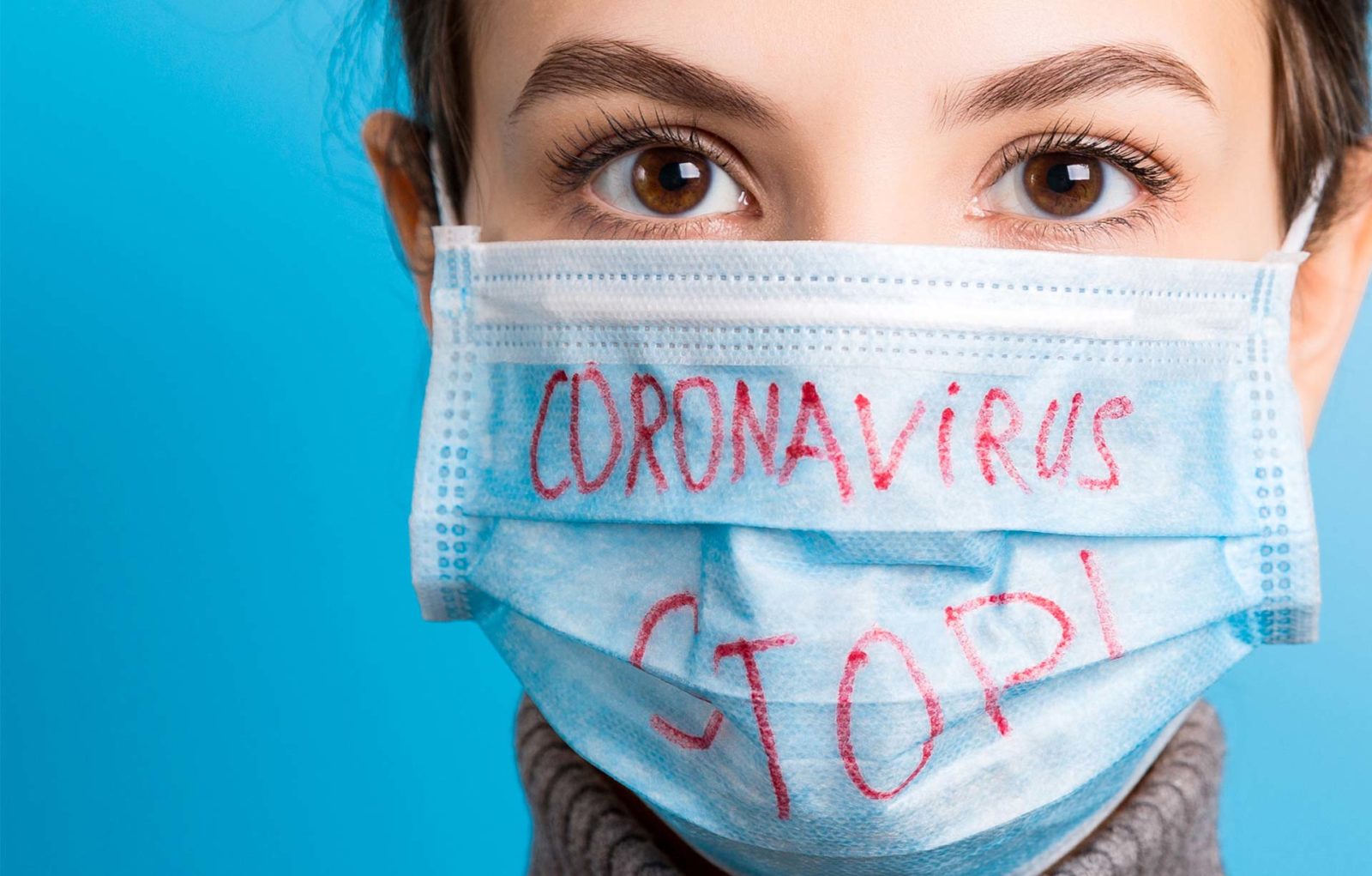
12 Mar COVID-19 has been declared as pandemic by OMS
Pandemic means that the epidemic has spread across several countries, continents or throughout the world, and that it affects a large number of people. This definition leads countries to take measures to control propagation. For its part, the population must take measures to stay as healthy as possible in order to reduce the risks of infection. Among these measures we mention: maintaining adequate hydration, avoiding anything that alters or irritates the airways (smoking, inhaled drugs), and as soon as respiratory symptoms appear, resting and avoiding exposure to more viruses. The latter because during a common flu, if it is superinfected by coronavirus, a more complicated process could take place than if it were only coronavirus.
To date, there is no effective vaccine against COVID-19.
Once infected. How is the treatment?
To date, there is no specific antiviral treatment. Treatment is symptomatic and, if required, appropriate management according to the severity of the patient, with drugs directed at each complication. Fortunately, the disease has a finite duration period, after which if there are no complications, the patient recovers completely, such a coma happens in the common flu. Hydration, flu and fever control medications are the primary pharmacological tools.
Once infected. How is the treatment?
COVID-19 infection is real, and worldwide spread is, too. However, the viralization of information through social networks, false news or manipulated information have made the collective panic take over the population with more danger than the infection itself. Racial discrimination, aggression against people from epidemic areas, damage to the economy due to excessive “preventive measures” are some of the consequences.
If we compare the real information, we can know that the people with the highest risk of complications are the elderly, with pre-existing diseases. The GREAT majority of the population will attend with a slight picture. If we simplify the concepts and terminology a little, it is a flu a little more aggressive than the common flu, which can complicate previously sick people. Let’s read the information from the right source and ask the right people the questions.
And let’s answer the most important question, are the measures I am taking appropriate for the risk I am exposed to? The comparative projections of COVID-19 with other coronaviruses suggest that this virus will spread throughout the world, being more prevalent in places with more favorable climates (temperate to cold) and it will show periods of rebound of infections and decrease of them depending on the seasons and the climate, dealing with the immunization that people will develop due to exposure to the virus and new mutations. Ultimately, such a coma happened with the H1 N1 influence and other strains, at some point equilibrium will be reached and the infection will be due to outbreaks.
In summary, we must adopt preventive measures, be a little more careful with some abandoned / neglected customs, eat good hand washing, cover our forearms when coughing, among others.
The real possibilities of having an episode of COVID-19 at some point in our lives exist, due to the characteristics of the virus and its permanence over time. However, we must not panic or be extremists. We cannot isolate ourselves, stop doing our daily activities, because this is not an epidemic that will last a week. The virus appeared and will be with humanity for a long time, so we must learn to live with it.
Nutrition is also one of the key factors to make pipes feel healthy. Both internally and externally. By clicking on the link you can find out more about cooking for mental health




Sorry, the comment form is closed at this time.